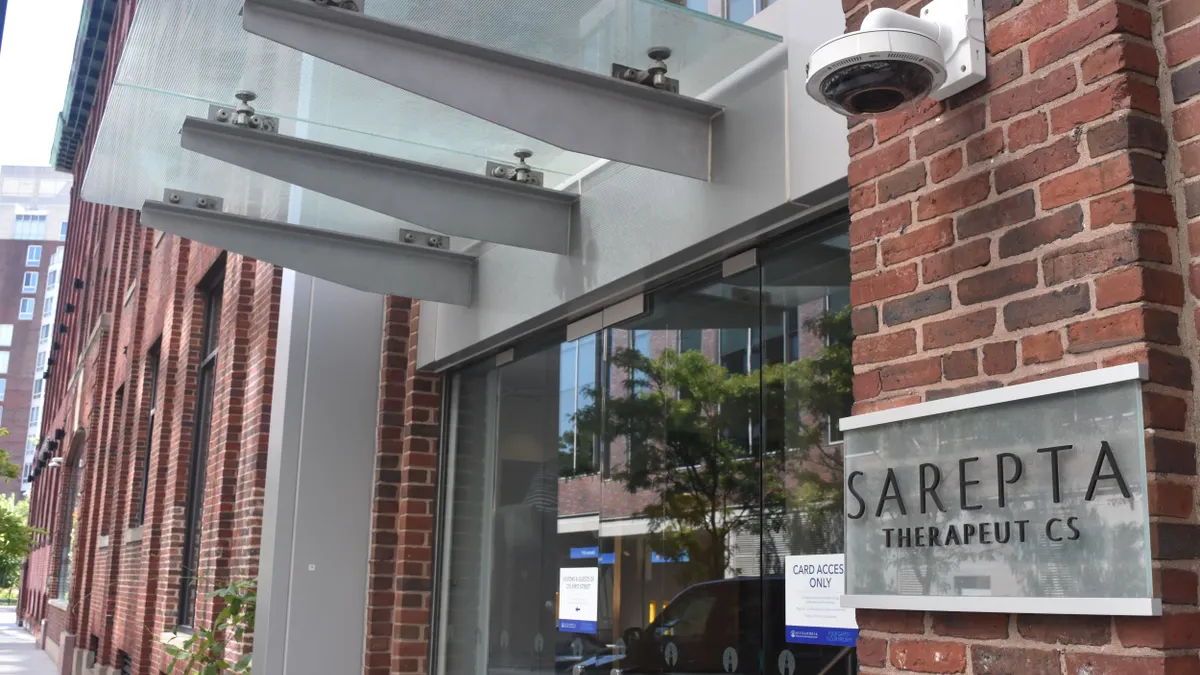Sarepta Therapeutics said Monday evening it will temporarily pause all shipments of its Elevidys gene therapy for Duchenne muscular dystrophy so it can address questions from the Food and Drug Administration, which three days ago asked the company to halt sales.
Doug Ingram, Sarepta’s CEO, said in a statement that the decision was “painful,” but necessary for the company to continue a “productive and positive working relationship” with the regulator.
The company said it would provide “timely updates” to the Duchenne community moving forward. Shipments of the treatment will be suspended effective close of business Tuesday.
The decision de-escalates a highly unusual standoff between Sarepta and the FDA over the safety of Elevidys.
Earlier this year, two Duchenne patients treated with it died from acute liver failure, a risk associated with treatments that, like Elevidys, use large amounts of engineered viruses to deliver functional genes into the body.
Sarepta paused shipments to some older patients following the second death in June and had recently agreed with the FDA on a new warning label. The company claimed that this new labeling would resolve any FDA concerns with continued use of Elevidys in younger individuals whose disease had not progressed as much and could still walk.
But the death of a third patient, in a Sarepta trial of a different gene therapy for another kind of muscular dystrophy, precipitated a crisis in communication that had the company and regulator at odds. While Sarepta reported this death to the FDA on July 3, it did not disclose the case to the broader public, only confirming it in haste on Friday. The lack of transparency angered analysts, who questioned why the company hadn’t disclosed it on a conference call it held last Wednesday.
Amid the back-and-forth on Wall Street, the FDA on Friday afternoon requested Sarepta stop shipping Elevidys entirely, which Sarepta refused to do.
While the FDA has mechanisms to eventually force withdrawal of a drug from market, they are lengthy and involved. Typically, the agency relies on companies voluntarily agreeing to work with it.
Sarepta had maintained that no new safety information on Elevidys’ use in younger patients required a stoppage, and argued the death of the third patient, while tragic, was unrelated to questions of Elevidys’ safety. (They are produced via different processes and given at different doses, but do rely on the same engineered virus for delivery.)
The company’s calculus appears to have shifted, however. On Monday, Children’s Hospital Los Angeles told Bloomberg that it had halted use of Elevidys.
In its statement Monday evening, Sarepta said pausing shipments would give it time to respond to “any requests for information” and allow the company and the FDA to complete discussions regarding Elevidys’ labeling.













